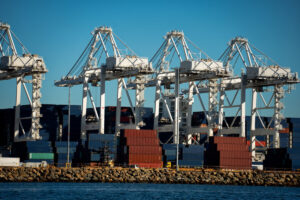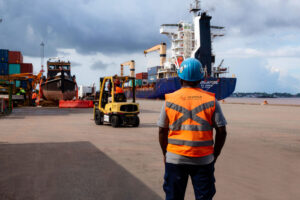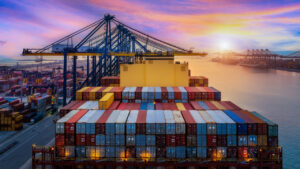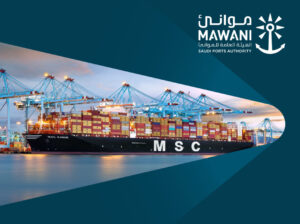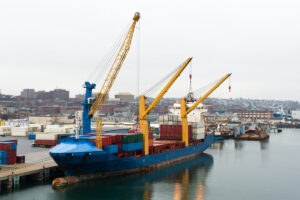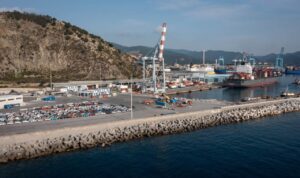South Korean shipbuilding company Hyundai Mipo Dockyard (HMD) and vessel owner Ilshin Logistics have successfully delivered the world’s first liquefied natural gas-fuelled bulk carrier.
The 50,000-deadweight tonnage (dwt) bulk carrier, registered under the dual-class of Lloyd’s Register (LR) and Korean Register, complies with the International Gas Fuel (IGF) Code.
It is the result of a collaboration project, announced in July 2016, to develop the first in a new generation of environmentally friendly LNG-fuelled bulk carriers.
The ship has a Type ‘C’ LNG fuel tank with a capacity of 500m³, made of austenitic high manganese steel and located on the aft mooring deck.
This kind of steel material, newly developed by POSCO, a multinational steel-making company headquartered in Pohang, South Korea, has a high manganese content at approximately 26%.
Its design focuses on cryogenic LNG and liquefied gas storage applications.
The proven properties and characteristics of the high-manganese steel, as well as the required welding technology and fuel tank design, are suitable for cryogenics with the support, certification and approval of LR — a provider of classification, compliance and consultancy services to the marine industry.
A Bernhard Schulte Shipmanagement UK technical paper has explored why LNG is still widely regarded as the fuel of the future
LR undertook a comprehensive approach to support POSCO and Ilshin Logistics by providing certification of High Manganese Steel Welding Consumables, Welding Procedure Approval and Material Approval after concluding extensive development and testing.
LR officially issued its certification in July 2017.
JT Lee, LR’s Chief Representative & Marine Manager for Korea, commented: “I am very excited and proud to see the successful delivery of the world’s first 50,000 dwt LNG-fuelled bulk carrier with contribution from LR for the certification and approval.
“This outstanding achievement is also attributed to a concerted effort between industry partners, with their pioneering spirit and tenacity.
“The successful delivery of the vessel should be a significant indication to the market of a reasonable and solid solution to the preparation for emission compliant eco-friendly designs.”


